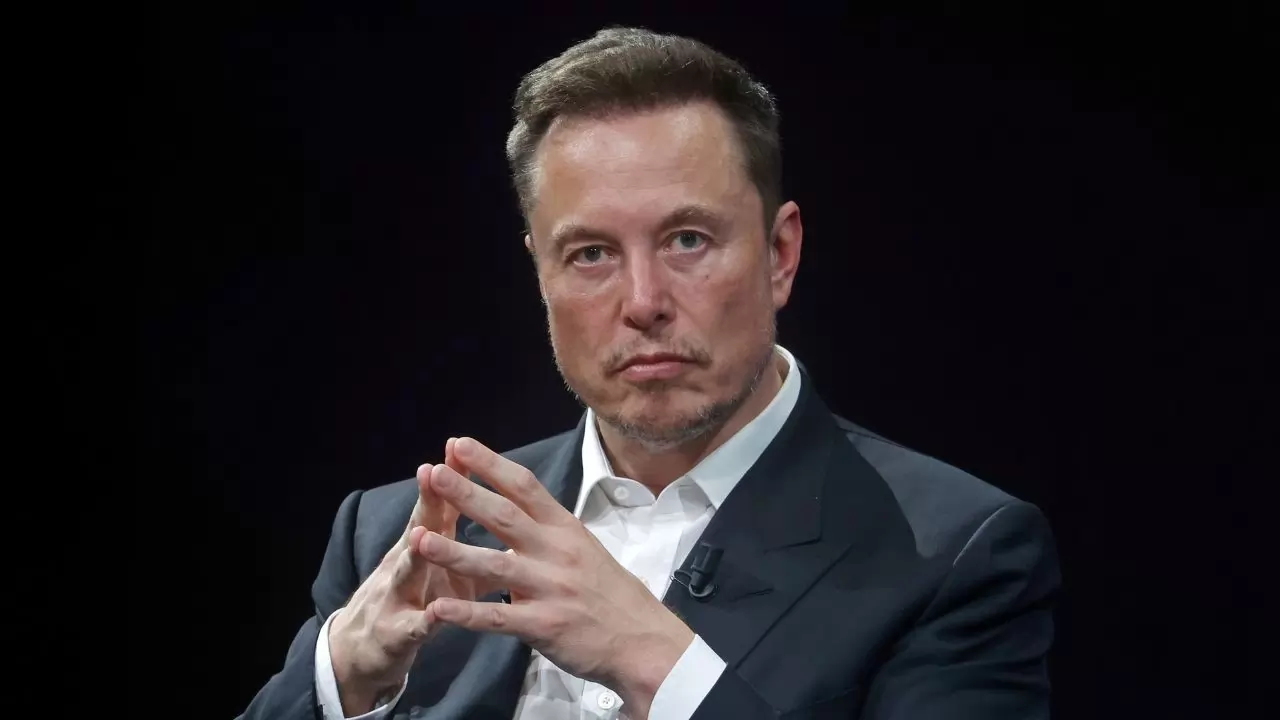
X
New Delhi: In a shocking and emotional revelation, Elon Musk, the renowned billionaire and CEO of Tesla and SpaceX, has publicly blamed what he calls the "woke mind virus" for the death of his son. Musk's comments have ignited a widespread debate on social media and beyond, touching on topics of gender identity, mental health, and the cultural divides in today's society.
Elon Musk has been known for his controversial statements, but his latest remarks have struck a deeply personal chord. Musk claimed that his son, formerly known as Xavier, was a victim of the "woke mind virus," a term he uses to describe the progressive and inclusive ideologies that he believes are harmful. Musk asserts that these ideologies, which include gender-affirming care, led to his son's tragic end.
Understanding Gender-Affirming Care
'My son is dead, k!lled by the woke-mind virus' — Elon Musk opens up about son's gender transition
— Instablog9ja (@instablog9ja) July 23, 2024
pic.twitter.com/I9bGGrb9kC
Gender-affirming care is a comprehensive approach to support individuals whose gender identity differs from the sex they were assigned at birth. This care can include psychological support, hormone therapy, and surgeries to help individuals align their physical appearance with their gender identity. Proponents argue that gender-affirming care is crucial for the mental health and well-being of transgender individuals, while critics like Musk view it as potentially harmful.
Musk's son, who now goes by the name Vivian, made headlines in the past for transitioning and seeking to legally change her name and gender. This transition was seen by many as a courageous step towards living authentically. However, Musk's recent comments suggest that he believes this journey was influenced by external societal pressures rather than a genuine personal choice.
The Broader Cultural Debate
Musk's statements have fueled an ongoing cultural debate about the role of progressive ideologies in society. Supporters of gender-affirming care and inclusivity argue that these approaches are essential for creating a more accepting and compassionate world. On the other hand, critics fear that these ideologies can lead to confusion and harm, especially among young people.





Copyright © 2026 Top Indian News
